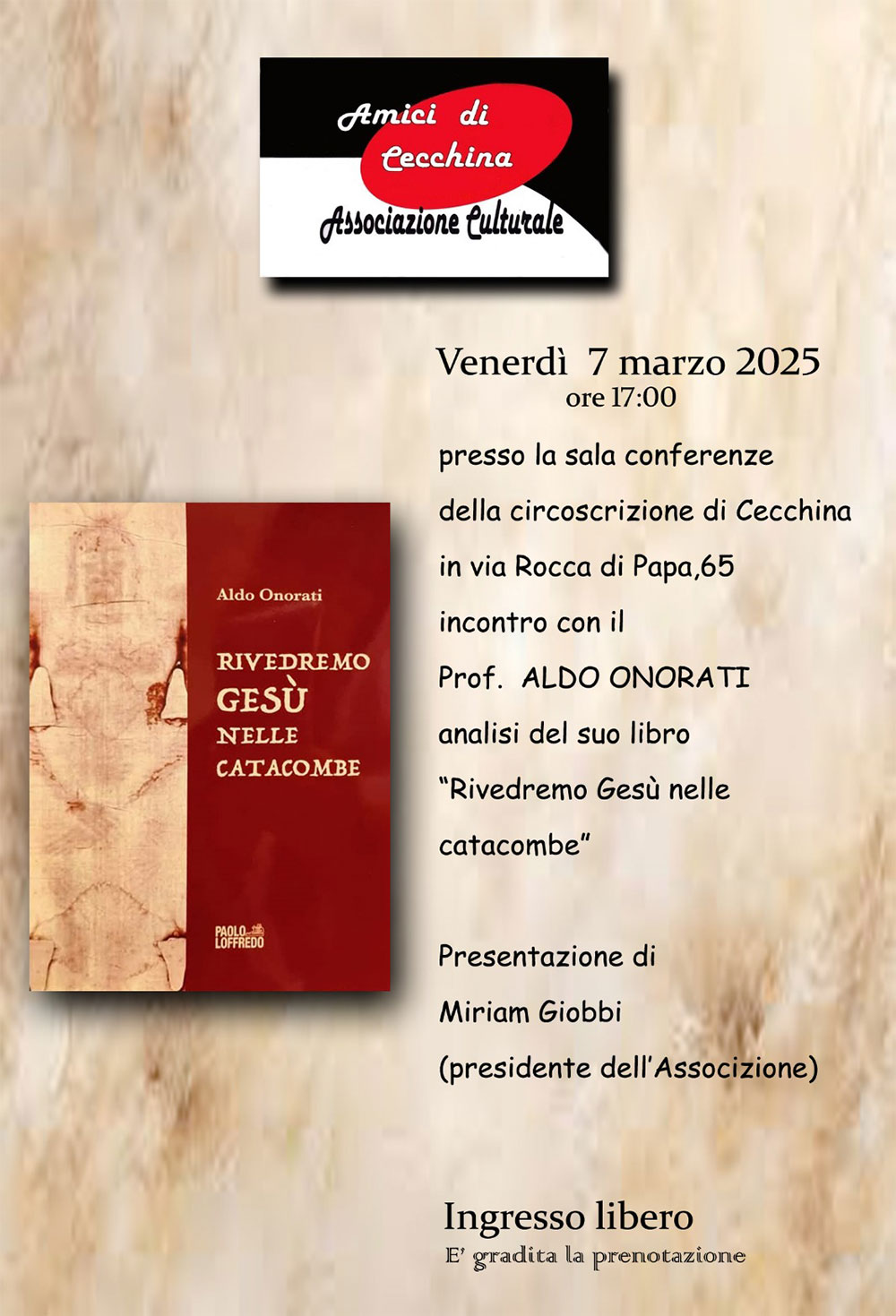 Paolo Loffredo, sixth generation of a large family of publishers and booksellers engaged in the production and distribution of books since the late nineteenth century, creates in 2012 the new editorial company Paolo Loffredo Editore. The historical site was until the '80s in the heart of the historic centre of Naples in Via San Biagio dei Librai, lower Decumano and also known as the SpaccaNapoli.
Paolo Loffredo, sixth generation of a large family of publishers and booksellers engaged in the production and distribution of books since the late nineteenth century, creates in 2012 the new editorial company Paolo Loffredo Editore. The historical site was until the '80s in the heart of the historic centre of Naples in Via San Biagio dei Librai, lower Decumano and also known as the SpaccaNapoli.
At the beginning of the twentieth century, Giuseppe Loffredo decided to add book selling to the book production, which definitively imposed itself after World War II with the publication of manuals for the University and for the School that succeeded in establishing themselves soon throughout Italy.
LAST EVENT
"Rivedremo Gesù nelle catacombe"
07 Marzo 2025 - Sala Conferenze circoscrizione di Cecchina - via Rocca di Papa 65, Albano Laziale (RM) - ore 17,00

I Miscredenti di Dite Saggi di semantica Dantesca
ISBN 978 88 32193 62 6
Language: Italian
Publisher: Paolo Loffredo Editore Srl

Description
I Miscredenti di Dite Saggi di semantica Dantesca
The volume contains eleven essays with the same exegetical project which had inspired the four previous studies about Dante’s semantics: I ladri di Malebolge, Il richiamo dell’antica strega, Tra gli adepti di Sodoma e L’orgia d’amore. Through the analysis of episodes and passages from the Commedia - anche focussing on the poetic and exemplar relevance that some characters have in the poem (Francesca, Farinata, Cavalcante, Pier della Vigna, ser Brunetto, Stazio) - the results of Dante’s meditation about ethical, religious and gnoseological topic are highlighted. The very same importance, in an examination about the correlation between the Commedia and the Monarchia and some of the epistles, is given to the writer’s political ideologies - or, better, political and religious. The critical setting of these investigations is no way only about content or ideology, as the author, who came to innovative interpretations, also wanted to fathom the possible and not rare meanings of the poet’s words, reconstructing the processes of his expressive selectivity.



